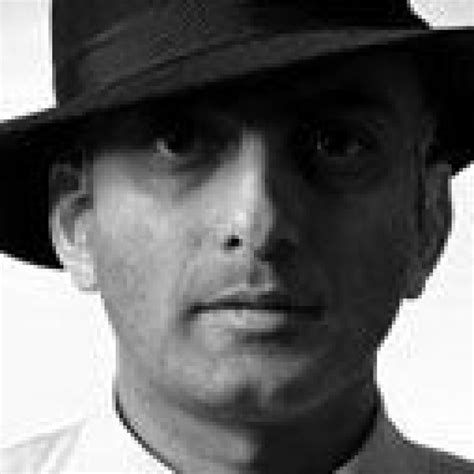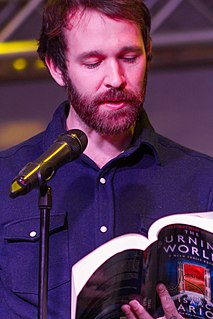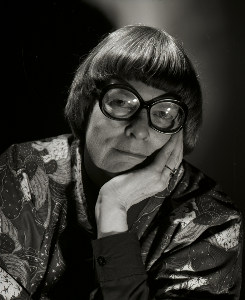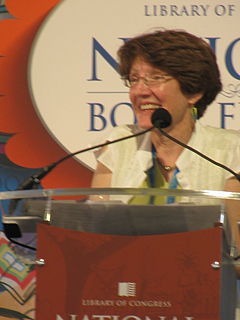A Quote by Suhayl Saadi
If you read many contemporary literary novels today, you may notice that regardless of the subject matter there's a 'sameness' about them, the way in which thoughts are expressed and ideas, conveyed, the sometimes dogmatic application of what are, at best, useful maxims such as, 'less is more', the narrative techniques utilised, even the same, irritating, stylistic devices scattered like pepper all over the pages.
Quote Topics
About
Application
Best
Contemporary
Devices
Dogmatic
Even
Expressed
Ideas
Irritating
Less
Less Is More
Like
Literary
Many
Matter
Maxims
May
More
Narrative
Notice
Novels
Over
Pages
Pepper
Read
Regardless
Same
Sameness
Scattered
Sometimes
Stylistic
Subject
Subject Matter
Techniques
Them
Thoughts
Today
Useful
Way
Which
Related Quotes
In Pakistan, many of the young people read novels because in the novels, not just my novels but the novels of many other Pakistani writers, they encounter ideas, notions, ways of thinking about the world, thinking about their society that are different. And fiction functions in a countercultural way as it does in America and certainly as it did in the, you know, '60s.
I often say to my students in workshops that if they are trying to find literary inspiration, they should not go and read novels, because novels are more appropriate for series. Where as they should read short stories - that's the right format for you to be able to actually display the narrative in a film.
Every singer has three or four or five techniques, and you can force them together in different combinations. Some of the techniques you discard along the way, and pick up others. But you do need them. It's just like anything. You have to know certain things about what you're doing that other people don't know. Singing has to do with techniques and how many you use at the same time. One alone doesn't work. There's no point to going over three. But you might interchange them whenever you feel like it. It's a bit like alchemy.
It can be dismaying, all the same, for a novelist to compare the slowness of the writing with the speed of the reading. Novels are read in a matter of days, even hours. A writer may labor for weeks over a particular passage that will have its effect on a reader for an instant - and that effect may be subliminal or barely noticed.
What is the influence of Sun Tzu in the world today? Perhaps there are others who are better qualified than I to speculate about that question. Sun Tzu's ideas, as expressed in his famous treatise, have undoubtedly influenced the nature of many revolutionary movements that are arrayed against more powerful forces, and in some cases - as in Vietnam - have played a useful role in bringing about success. But such ideas are always in conflict with other deepseated emotional factors, which propel dissident movements into the rampant use of terrorism and other forms of anarchistic struggle.
I changed my writing style deliberately. My first two novels were written in a very self-consciously literary way. After I embraced gay subject matter, which was then new, I didn't want to stand in its way. I wanted to make the style as transparent as possible so I could get on with it and tell the story, which was inherently interesting.
Sometimes I read the same books over and over and over. What's great about books is that the stuff inside doesn't change. People say you can't judge a book by its cover but that's not true because it says right on the cover what's inside. And no matter how many times you read that book the words and pictures don't change. You can open and close books a million times and they stay the same. They look the same. They say the same words. The charts and pictures are the same colors. Books are not like people. Books are safe.


































